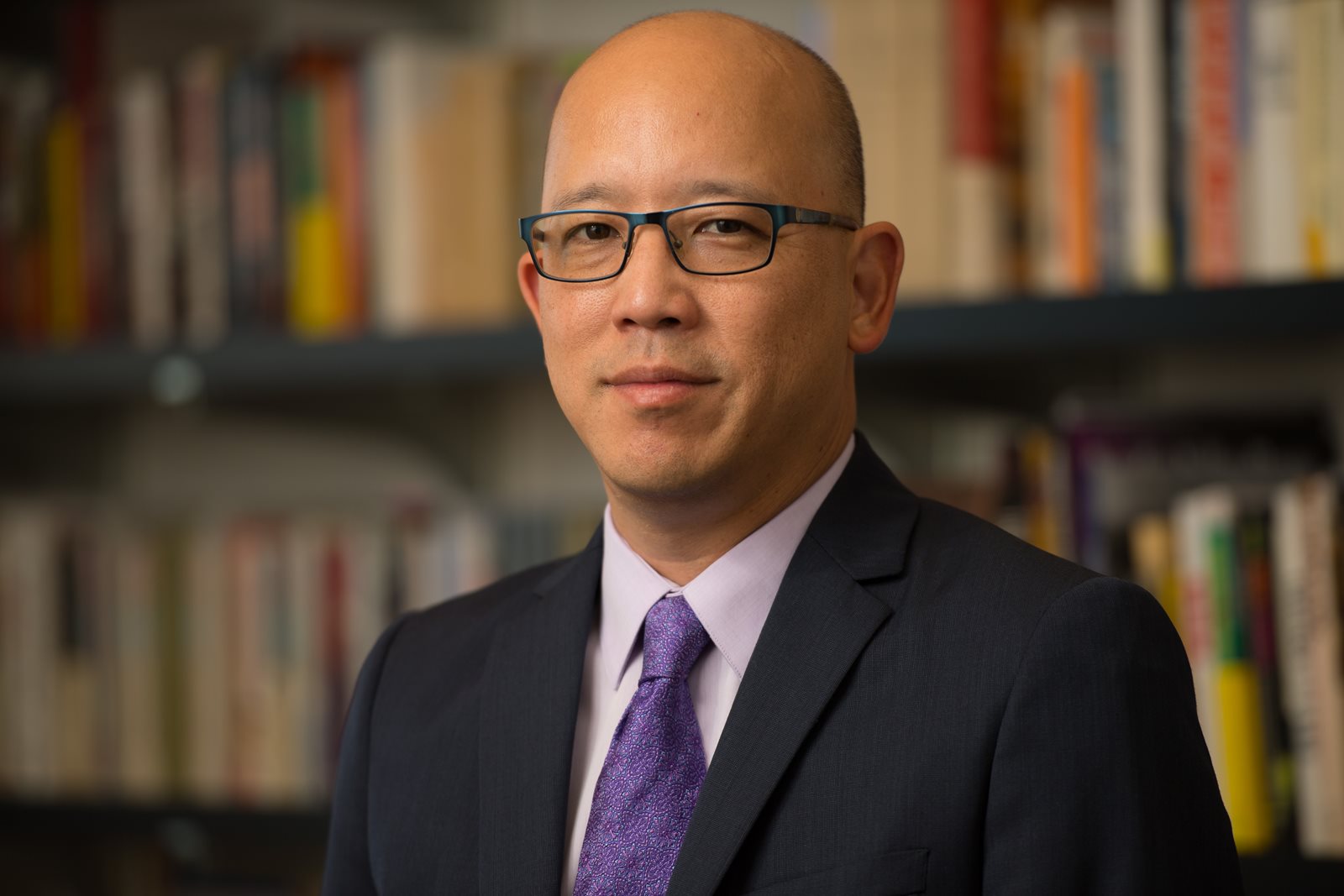University of Washington Bothell Professor of American and ethnic studies Scott Kurashige has a timely new book, “The Fifty-Year Rebellion: How the U.S. Political Crisis Began in Detroit.”

Photo: Scott Kurashige (Marc Studer)
This summer marks the 50th anniversary of the 1967 violence in Detroit, attracting national attention, especially with the Aug. 4 release of the film “Detroit,” by “Hurt Locker” director Kathryn Bigelow.
Kurashige puts the event into historical context, relating it to the past 50 years of race and political struggles in Detroit and to national politics.
On Aug. 16 the Seattle Public Library hosts Kurashige for a book release at the main downtown branch with author Michael Hardt. Hardt’s book “Empire,” written with Antonio Negri after the 1999 protest of the World Trade Organization meeting in Seattle, challenged the forces of globalization.
Kurashige’s engaged scholarship arises from community organizing. Living in and around Detroit from 2000 to 2014, Kurashige worked with activist Grace Lee Boggs, who died in 2015 at the age of 100. Together in 2011 they wrote “The Next American Revolution: Sustainable Activism for the Twenty-First Century.”
The violence of July 23-27 in 1967 was more of a rebellion than a riot – a moment of polarization and a symbol of the social, racial and political divisions in America that continue in some ways in 2017, Kurashige says.

“Detroit activists and residents have been challenged to deal with the social problems ahead of the curve for the rest of the country,” Kurashige says.
The city has endured a half-century of economic recession, police brutality, closed schools, privatization, gentrification, and a loss of the social safety net and support for communities of color, the poor and disabled, Kurashige says. The bankruptcy and emergency management of Detroit in 2013-2014 imposed austerity measures and neutralized collective bargaining rights.
“What I’m trying to point out is what happened in Detroit is a more extreme version of what happens in the rest of the country, not an exception,” Kurashige says.
At the same time, Kurashige says the book is “a love letter to the city.”
“I’ve been inspired by the resilience, creativity and determination and by the radical spirit I’ve witnessed and experienced in the city.”
Detroit’s endurance has inspired people around the world to imagine alternatives, Kurashige says. It’s relevant to Seattle’s dealing with police shootings, gentrification and affordable housing, Kurashige notes.
The issues also are important at the University of Washington Bothell.
“I teach about issues of race, social justice and community engagement, and I’m very excited to be at a university where I can pursue these subjects as a teacher and author,” Kurashige says. “But I’m also excited to be where issues of diversity and equity are prioritized by faculty, staff, students and campus leaders.”



